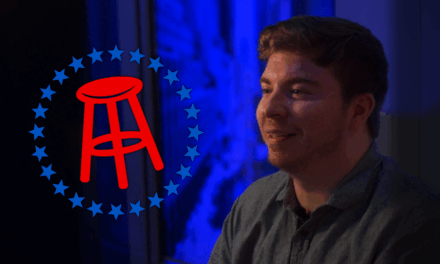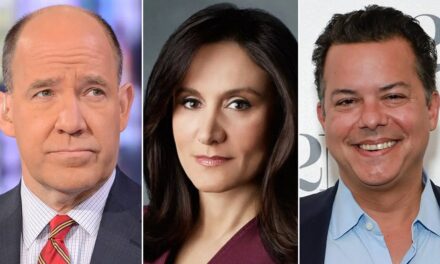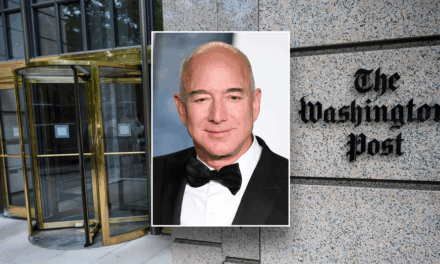The University of Virginia is at the center of a civil rights complaint as it faces allegations of racial discrimination against White students and faculty. The complaint, filed by a nonprofit legal organization, is drawing significant attention and controversy. It accuses the prestigious institution of engaging in discriminatory practices that favor minority groups over Whites, thereby violating federal civil rights laws.
The legal challenge specifically targets the university’s efforts to increase diversity and inclusion on campus. According to the complaint, these initiatives result in unfair and unequal treatment for White students and staff. It claims that the policies implemented by the university are designed in such a way that they have a disproportionately adverse impact on individuals who identify as White.
The complaint further argues that the university’s race-based considerations in admissions processes, scholarship allocations, and hiring practices disadvantage White applicants. It posits that these measures do not align with the principles of equal opportunity and nondiscrimination as required under Title VI of the Civil Rights Act of 1964.
In response to the complaint, a spokesperson from the University of Virginia underscored the institution’s commitment to fostering a diverse and inclusive environment. The spokesperson articulated that the university’s initiatives are in place to reinforce diversity in all its forms and are compliant with federal regulations. They insisted that these efforts are integral to preparing students for a multicultural world.
The civil rights complaint has sparked a debate not only within the university community but also on a national level. Some argue that affirmative action and similar programs are necessary to correct historical injustices and provide equal opportunities for marginalized groups. Others believe that such policies should not give preferential treatment based on race or ethnicity as it could lead to reverse discrimination.
The outcome of this legal challenge could have broader implications for universities across the nation, as they continue to grapple with how best to address issues of race, equality, and opportunity in higher education. Many educational institutions have implemented diversity initiatives with the aim of creating a balanced environment, but these efforts are increasingly being scrutinized under legal and public considering.
As the legal proceedings unfold, the University of Virginia maintains its stance on the importance of diversity and inclusion, while the plaintiffs advocate for what they believe is fair treatment for all individuals, regardless of race. The issue raises questions about how universities can implement diversity strategies that comply with legal frameworks and meet educational goals without alienating any group based on race.
The developments at the University of Virginia will be closely watched as they may influence future approaches to diversity in academic institutions nationwide. The dialogue on race and equality in education continues to be a contentious and evolving area of law and policy.
































